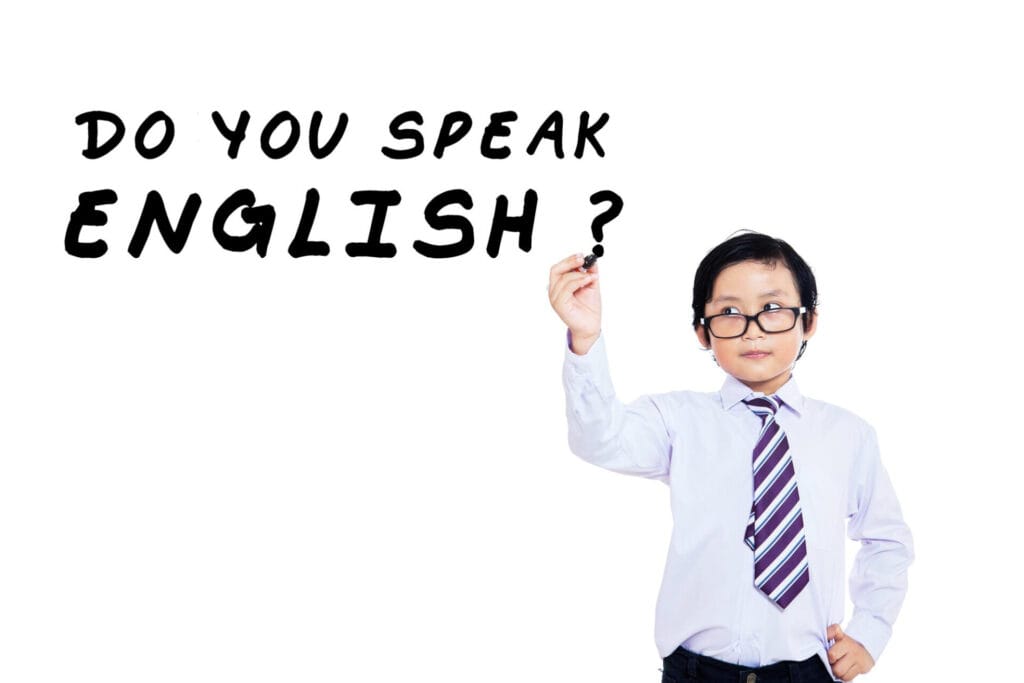
In Thailand in 2025, the theme of IELTS Media and Advertising has become one of the most engaging and relevant topics for candidates preparing for the exam. The rapid growth of digital platforms, influencer culture, and online marketing campaigns means students encounter advertising daily. When this theme appears in IELTS Writing or Speaking, it feels both familiar and challenging. This essay explores how media and advertising are shaping Thai society today, the kinds of feedback students give about tackling this theme, and the vocabulary that can help them raise their IELTS performance.
The Media and Advertising Landscape in Thailand
Thailand’s advertising environment is vibrant and diverse. Traditional outlets such as newspapers and television still exist, but social media now dominates. Platforms like TikTok, Instagram, and YouTube are at the heart of consumer behaviour. Campaigns are highly creative, often emotional, and deeply connected to Thai culture. For IELTS candidates, this environment provides a wealth of local examples that can be used in essays on IELTS Media and Advertising.
At the same time, advertising has drawbacks. It can promote materialism, spread misinformation, or create unrealistic body images. Thai students who practise debating both sides of these issues find it easier to write well-structured IELTS essays and deliver balanced Speaking answers.
👉 Learn more: Is advertising a positive idea? IELTS Writing Task 2
Student Feedback on IELTS Media and Advertising
Students across Thailand have shared interesting insights about their exam practice. Many say they feel confident discussing advertising because it is such a visible part of life. Others admit they struggle to use advanced vocabulary or to present a balanced argument.
Typical feedback includes:
-
“I know examples from Thailand, but I don’t know the academic words to use.”
-
“I lose track when I try to discuss both the positives and negatives.”
-
“It’s difficult to invent examples under time pressure.”
The strongest essays link global issues with Thai case studies, such as Songkran festival adverts, humorous Thai TV commercials, or campaigns about sustainability. By connecting everyday experience to IELTS questions on IELTS Media and Advertising, students make their answers more authentic and persuasive.
Vocabulary for IELTS Media and Advertising
Vocabulary is often the difference between a Band 6 and a Band 7. Candidates should master words that capture the complexity of media. Useful terms include:
-
Tabloid – a small-format newspaper with sensational content.
-
Libel – publishing false information that harms reputation.
-
Censorship – controlling or limiting content.
-
Broadcast – transmitting content to the public.
-
Coverage – the amount of attention something receives in the media.
-
Prime time – the period of maximum audience numbers.
👉 See full lists here:
When practising IELTS Media and Advertising, students should integrate these words naturally. For example:
-
“Prime time television broadcasts attract the highest advertising coverage.”
-
“Celebrity scandals in tabloid newspapers can lead to accusations of libel.”
-
“Some countries impose strict censorship on political campaigns.”
Benefits of Advertising
Candidates focusing on the positive side of IELTS Media and Advertising can emphasise:
-
Economic growth and job creation.
-
Consumer awareness of products and services.
-
Increased competition leading to innovation.
-
Advertising as a form of modern art, particularly in Thailand’s emotionally powerful TV campaigns.
-
Social benefits, such as unity through festival adverts.
Drawbacks of Advertising
On the other hand, those who take a critical stance can argue:
-
Encouragement of unnecessary spending.
-
Unrealistic expectations of beauty and wealth.
-
Environmental costs of over-consumption.
-
Manipulation through hidden sponsorships and influencer marketing.
-
Over-saturation of daily life with commercial messages.
These points are useful when IELTS candidates want to show balance in their IELTS Media and Advertising essays.
Structuring IELTS Answers
Success depends on structure. Candidates should:
-
Introduce the topic – state clearly that media and advertising are central in modern society.
-
Present arguments – one paragraph on benefits, one on drawbacks.
-
Embed vocabulary – ensure IELTS-specific words are used.
-
Conclude clearly – summarise both sides and give a balanced opinion.
This structure ensures clarity and cohesion, which examiners value highly.
Final Thoughts
The theme of IELTS Media and Advertising in 2025 resonates strongly in Thailand because advertising is both omnipresent and culturally distinctive. For students, it offers a familiar topic with plenty of scope for examples, but it demands precise vocabulary and a balanced approach. With careful preparation, Thai candidates can transform everyday observations into high-scoring IELTS essays.
Next Step: IELTS Exam Mastery
If you want to prepare more deeply for IELTS Writing and Speaking with expert support, check out our full IELTS Exam Mastery course in Hua Hin. It gives you strategies, vocabulary, and practice tasks tailored to Thai learners.






